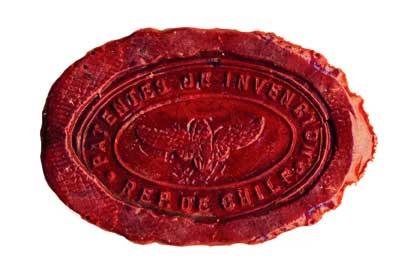
Intellectual property (IP) is a branch of law which seeks, on the one hand, to incentivize innovation, creation, and technology transfer, and on the other, to organize markets in order to aid in the decisions of consumers.
It is important to understand that the same good or service can fall under several types of IP. For example, someone who develops a new, drought-resistant plant variety can protect it under plant varieties, apply for a trademark, and/or even protect his or her research and documentation with a copyright.
One of the main functions of IP is the incentivization of innovation and entrepreneurship. Through the different intellectual property rights, the State grants exclusive rights over inventions and creations in exchange for these being made available to the general public and eventually becoming part of the public domain.
Intellectual property rights can also be considered assets of a venture or a company. This is especially the case in countries that make extensive use of intellectual property, such as the United States, where there are entire industries devoted to the exploitation of intellectual property rights and it is normal that these have even more value than tangible assets. Two examples are Apple (trademark) and Coca-Cola (industrial secret).























